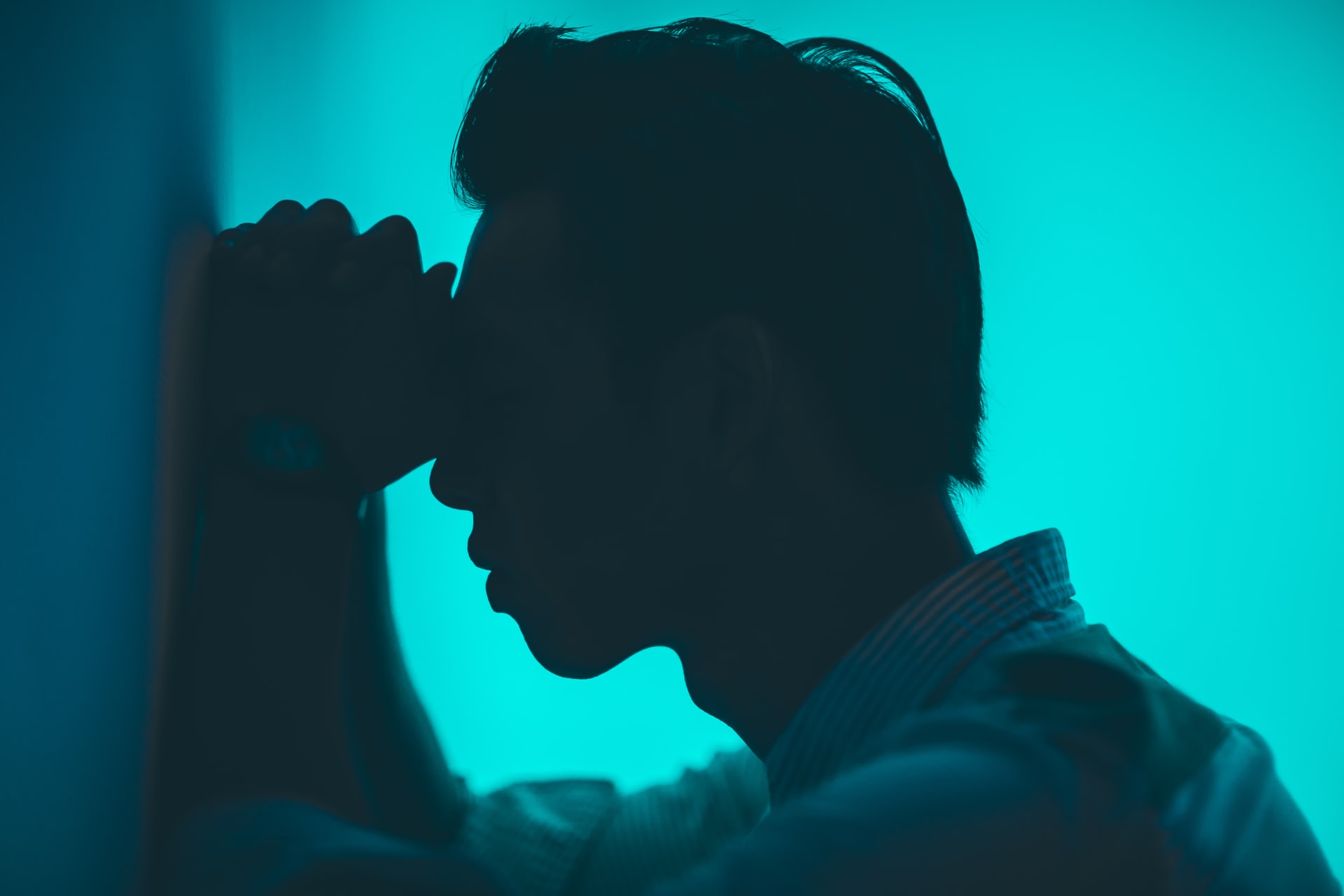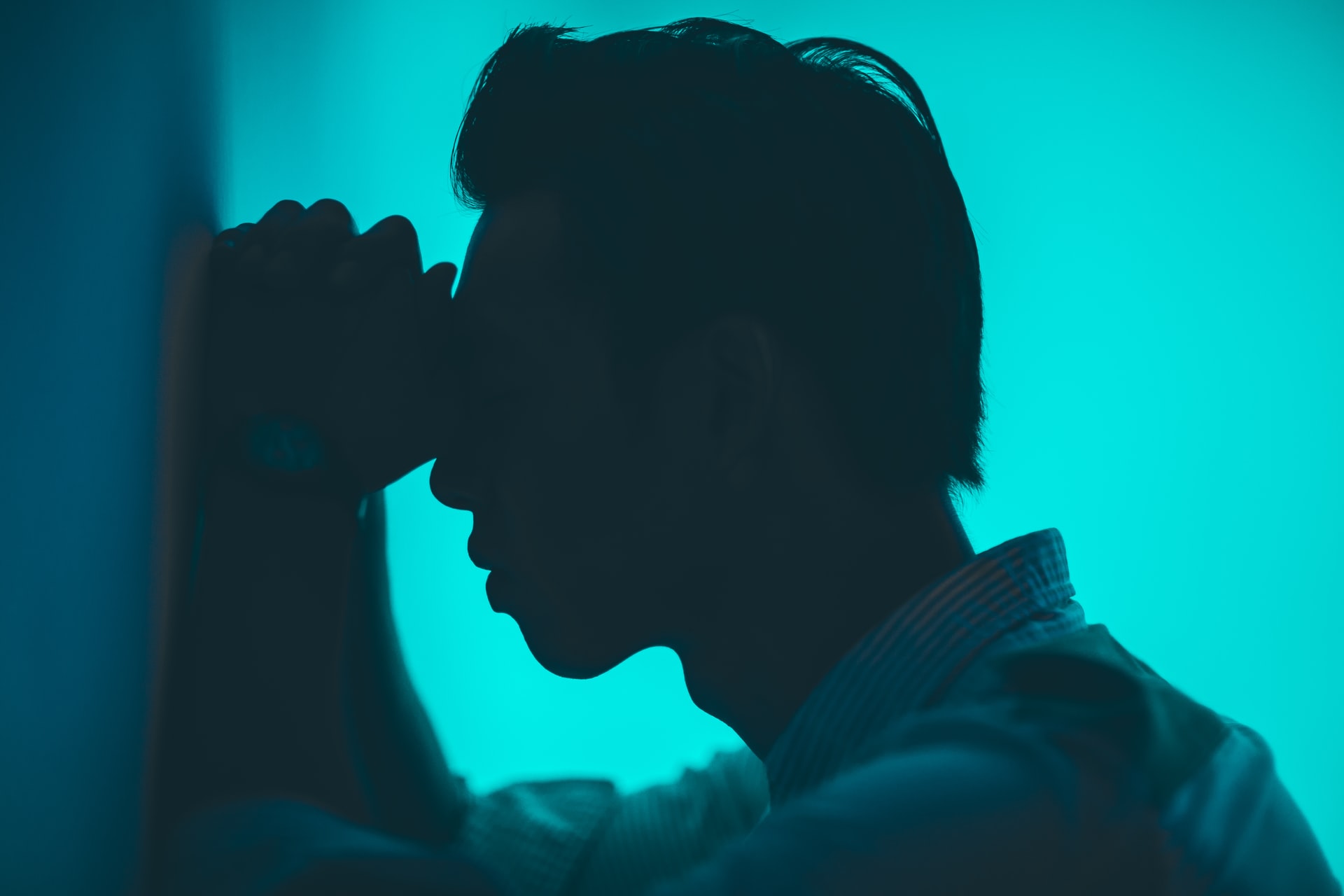Ball pain. Nuts aching. Sac is hurtin’. Regardless of what you call it, testicular pain is no fun.
You’re not alone. Testicular pain is really common. Unfortunately guys don’t talk about their berries being squeezed in vice grip.
Instead they suffer in silence and walk around like John Wayne just got off of a horse.
Maybe this is something serious though. Testicular torsion (twisted testicle) or epididymitis (bacterial infection) are no joke and require immediate medical attention. I’m certain cancer might be running through your mind as well.
So what kind of doctor should you see for testicular pain? At some point you’ll need a urologist. Maybe you had no idea there was a ball pain specialist. Or maybe you’ve seen 3 of them and no one seems to help.
Let’s get you some help for those achy breaky balls. Because when they’re aching, it’s hard to feel good about anything.
What causes testicular pain?
A good doctor develops a differential diagnosis for every patient complaint. A list of possible medical conditions that could be causing the symptom. For testicular pain this list includes but is not limited to:
Testicular torsion
Testicular torsion is fancy doctor speak for a twisted testicle. No blood is going to the testicle and this is not good.
It is usually seen in kids and young adults. It is exceedingly rare after age 40. It will cause severe, drop you to your knees pain with nausea or vomiting. Unless you get your ball “untwisted” with surgery in 4 hours or less, the testicle unfortunately dies due to lack of blood flow.
Although intermittent torsion can occur, this is pretty rare. If you’ve been aching for weeks to months then torsion is very unlikely.
Epididymo-orchitis
An infection of the testicle or epididymis typically presents with an acute onset (fast) of one-sided pain and swelling. An examination will clearly show swelling and tenderness. Usually this is caused by a urinary tract infection or sexually transmitted disease.
Varicocele
Swollen veins draining the testicle are seen in up to 15% of men. Sometimes visible as a “bag of worms in the sac”, varicoceles are more common on the left side. They can cause a heavy, dull ache that’s usually worse with standing throughout the day.
The veins will not “burst” but they can cause male infertility in addition to chronic pain. A surgical repair by a micro-surgical specialist will fix this issue for good.
Inguinal hernia
A hernia is a weakness of the abdominal wall. Bulging and pain can occur at this site of weakness as your “insides” are “poking out.” When this bulging occurs in the groin area we call this an inguinal hernia.
An inguinal hernia can extend into the scrotum leading to ball pain and swelling. This is usually obvious on a physical examination but at times can be subtle. This is treated with surgery to repair the weakened tissues.
Hydrocele
Another cause of a painful “big sac” is an accumulation of fluid around the testicle. A hydrocele most often occurs for no good reason. It can be a consequence of a trauma, infection or even cancer. An ultrasound of the scrotum will confirm the diagnosis.
Sometimes a hydrocele will go away on it’s own. If it doesn’t then surgery does the trick.
Epididymal cyst
Speaking of swelling of the sac you can also have lumps next to the testicle. The epididymis sits behind the testicle and carries sperm. Cysts can develop leading to a “third nut” as men have told me. These are universally benign and can be cut out if they are causing pain.
Testicular cancer
Testicular cancer most often presents with a painless firm mass of the testicle itself. I’ve included it because cancer should always be considered in a differential diagnosis. The good news is that cancer rarely causes pain and is easily ruled out with an exam and ultrasound.
Kidney stone
Kidney stones are bad enough but ball pain as well? When a kidney stone is traveling down the urine tube (the ureter) it can cause a referred pain to the testicle. If you have associated back or abdominal pain, nausea/vomiting or a history of kidney stones, evaluation with CT scan should be considered.
Post-vasectomy pain syndrome
This rare condition (1/500 vasectomies) is distinguished by the start of pain shortly after a vasectomy. We are not certain why it happens but it is not fun. Local anesthesia blocks of the spermatic cord can temporarily relieve the pain.
When necessary, microscopic denervation procedures can be performed with success rates up to 85%. Sometimes men even elect to have the vasectomy reversed (vasovasostomy) to re-hook the plumbing pipes. This releases the back pressure and solves the post-vasectomy pain as well.
Musculoskeletal cause
The testicle is connected to the spermatic cord. An anatomic structure containing blood vessels, nerves, the vas deferens and muscles running to the testicle. The muscles are known as the cremaster muscles.
The reason your balls hug tight to the body in cold water is the cremaster muscle contracting to keep your berries warm. This muscle is a continuation of the internal oblique muscle; a series of muscles fibers that make up your core abdominal wall.
When you suffer from low back pain, are hanging on to 40 extra pounds of belly fluff, or lifting heavy objects all day, you are straining your core abdominal muscles. Since these muscles are connected to the cremaster muscle, your testicle hurts.
Musculoskeletal strain is probably the cause of 95% of testicular pain seen by a urologist. If you’ve had normal exams, ultrasounds, urine tests and no one has been able to help you yet, then this is probably what’s going on. As a urologist, it’s not unusual to see 5-10 men per week for a 2nd opinion on ball pain.
Testicular pain evaluation
Regardless of the kind of doctor you see for testicular pain, every evaluation starts with a good history. Bilateral (both sides) or alternating pain eliminates almost all of the above conditions with the exceptions of post-vasectomy pain syndrome and musculoskeletal causes.
A physical exam can detect masses, lumps and swellings. Tenderness with an otherwise normal exam is seen with many of these conditions. Some doctors you see for testicular pain may be experienced (urologist) or inexperienced (pretty much everyone else) with performed a thorough and accurate exam for testicular pain.
When necessary imaging can be performed. A CT scan should be considered for suspected kidney stones. A scrotal ultrasound will confirm findings on a physical exam.
Sometimes a scrotal ultrasound will show incidental findings that are not felt on an exam (small hydrocele or cyst). If a doctor can’t feel it then it’s not the source of the pain.
Treatment for Testicular Pain
I’m going to assume that you’ve had a normal exam, imaging tests and have never had a vasectomy. This leads us to our diagnosis of chronic testicular pain (also known as orchialgia).
First and foremost, we recommend viewing this condition like headaches and backaches. Most headaches aren’t due to brain cancer. Most backaches don’t require a visit to the spine surgeon. They are musculoskeletal in nature.
When muscles and nerves are irritated, most exams are normal. Unfortunately quick fixes are not always possible.
Here are some options for treating chronic testicular pain:
Improved diet and exercise
It’s amazing how often clean eating and moving our body is the answer to chronic medical conditions. Eating chalupas on the couch never served anybody except the business owners of Taco Bell. The crap we eat causes inflammation. Inflammation causes chronic pain.
When we exercise we release our body’s natural pain killers called endorphins. Strengthening your core and lower back can help testicular pain over time.
As a result of diet and exercise you should start shedding some pounds from your belly. All this extra weight we carry in our midsection strains our back and core muscles. Lose the weight, lose the ball pain.
I’ve had more patients tell me their testicular pain resolved after weight loss than any other thing I’m about to suggest.
Pelvic physical therapy
Muscle tension of the lower abdomen and pelvic floor is associated with chronic testicular pain. An experienced pelvic physical therapist can identify any muscle imbalances, improving chronic pain. It doesn’t work for everybody, but there’s little risk in giving a session a try.
Off-label medications
Sometimes medications designed for another purpose are helpful for seemingly unrelated medical conditions. This is known as an off-label medication. For chronic testicular pain I’ve had success with Tamsulosin (prostate medication), hydroxyzine (anti-histamine) and amitriptyline (anti-depressant).
Every urologist has his or her favorite for helping men get a little relief. It’s really important to avoid narcotics at all costs. This is a chronic condition and the last thing you want is an opioid dependence.
Surgery
Some of the same microsurgical options are available for testicular pain. Referral to a urologist fellowship trained in microsurgery may be your last option for treating unresolved testicular pain. Performed under anesthesia in the office or surgery center, spermatic cord denervation or cryotherapy can have success rates of 70-85%.
Who’s The Best Doctor For Testicular Pain?
If you haven’t had an in-person visit with a doctor then you should start there. This is one of those instances where a physical examination is important. A scrotal ultrasound is not a bad idea either to dot the “I’s” and cross the “T’s.”
If you’ve already been to a urologist, and are frustrated, then why not consider a second opinion with a VirtuCare specialist. We can review any medical records that you provide and do a deep dive to make certain nothing has been missed.
Our second opinion visits last on average 30 minutes so you know you won’t be rushed for time. We are hear to listen to you.
With our network of colleagues, we’d be happy to make a referral to a microsurgical expert if that’s what it takes to cure your testicular pain.
Unfortunately there are certain medical conditions that can’t be cured. But you at least deserve care from an expert who will listen and do everything they can to help.
Your family jewels deserve the best.






